(CLO) A 23-year-old Cambodian woman was promised a path to develop her professional skills and a better future in Japan, but instead, she was trapped in a nightmare.
Recruited under the country's technical intern training program, she alleges she was repeatedly raped by the manager of the strawberry farm where she worked, forced to have an abortion, and threatened with deportation if she resisted.
She filed a lawsuit in Tokyo on Monday, seeking up to 80 million yen ($521,700) in damages. Rights groups say the case highlights exploitation in Japan’s controversial foreign trainee program.
In court documents, the unnamed woman alleges that the 58-year-old farm manager raped her “almost daily” from December 2022 to April 2023. Despite having an abortion, the sexual assaults continued. The manager has denied the allegations and maintained that the acts were consensual.
Notably, this is not an isolated case. Two other Cambodian women working at the same farm have also joined the lawsuit, alleging sexual assault by the same man. Human rights groups say this is a prime example of exploitation in a system that makes foreign workers vulnerable to abuse, and have called the program a form of “modern-day slavery.”

Illustration: Pixabay
The Foreign Intern Training Program, established in 1993, was originally intended to help workers from developing countries learn job skills to return to their home countries. However, labor rights organizations say the program has instead become a tool to attract cheap, vulnerable labor.
Employers have been accused of underpaying interns, forcing them to work unpaid overtime and living in poor conditions. In addition, visa regulations that only allow workers to work for one employer make it almost impossible for interns to change jobs if they are abused.
The Japanese government recently announced policy changes allowing trainees to switch employers, but doubts remain about the effectiveness of the changes. “Participants in the program are not considered human beings but labor tools,” said Ippei Torii, director of the Japan Migrants Solidarity Network. “Most of the women who participate in the program have experienced sexual harassment.”
Such abuses are not uncommon. Between 2014 and 2016, Japan’s Ministry of Labor recorded 22 deaths of foreign trainees due to work-related accidents, including cases of so-called “karoshi” – death from overwork.
The death rate for foreign trainees is twice that of Japanese workers. And in 2023, more than 9,700 trainees out of a total of about 410,000 absconded from their employers, reflecting the harsh living and working conditions they endured.
“We have to ask, if the Japanese government treated Japanese workers like this, how would the public react?” said Teppei Kasai, an official at Human Rights Watch Japan. “The government is using this ‘training’ program to attract cheap labor, while imposing restrictions that prevent workers from changing jobs. This is systematic discrimination and modern slavery.”
Although the Japanese government has pledged to abolish the trainee program by 2027, many are skeptical that this will bring about real change.
For Mr. Kasai, the delay in abolishing the trainee program is unacceptable. "If they abolished the program earlier, maybe incidents like this could have been prevented."
Labor rights groups say the case should serve as a wake-up call not only for Japan but also for other countries that rely on migrant workers without protecting workers' rights.
Hoai Phuong (according to SCMP, Nikkei Asia, Kyodo News)
Source: https://www.congluan.vn/nhung-goc-khuat-dang-sau-chuong-trinh-thuc-tap-sinh-nuoc-ngoai-tai-nhat-ban-post326218.html


![[Photo] Hanoi morning of October 1: Prolonged flooding, people wade to work](https://vphoto.vietnam.vn/thumb/1200x675/vietnam/resource/IMAGE/2025/10/1/189be28938e3493fa26b2938efa2059e)
![[Photo] Keep your warehouse safe in all situations](https://vphoto.vietnam.vn/thumb/1200x675/vietnam/resource/IMAGE/2025/10/1/3eb4eceafe68497989865e7faa4e4d0e)
![[Photo] President of the Cuban National Assembly visits President Ho Chi Minh's Mausoleum](https://vphoto.vietnam.vn/thumb/1200x675/vietnam/resource/IMAGE/2025/10/1/39f1142310fc4dae9e3de4fcc9ac2ed0)





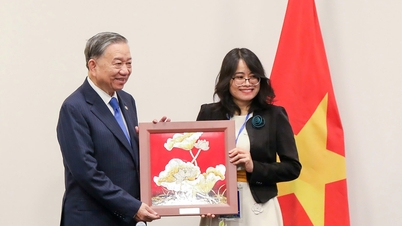

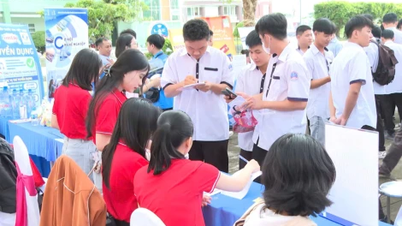

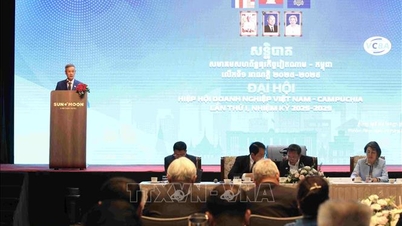





























































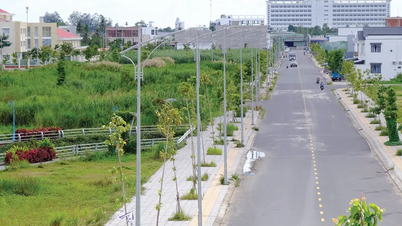

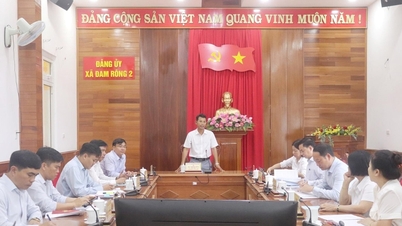

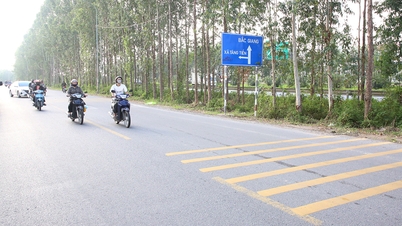

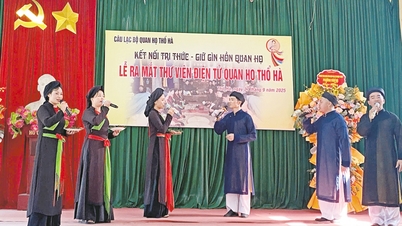


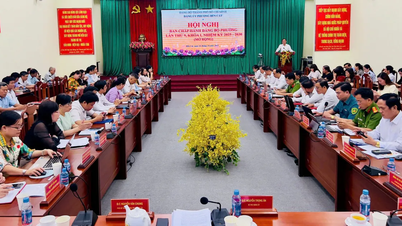















Comment (0)